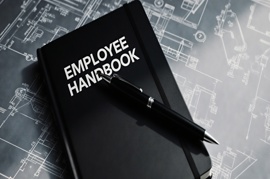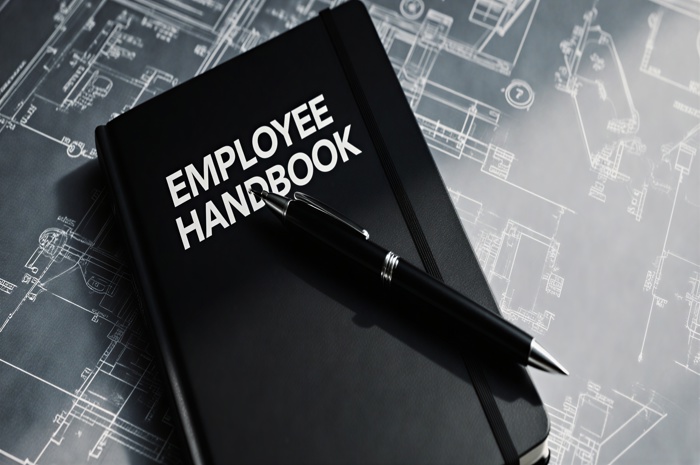What the law says About failure to file
By law all companies must file their accounts with Companies House every year, no later than 9 months and 1 day after the end of the previous accounting period. Company directors and LLP designated members are responsible for filing accounts under the Companies Act 2006, and it is a criminal offence not to file accounts or to file them late.
If directors or designated members fail to file, they could face disqualification, foreign travel restrictions, disciplinary action from the courts, or they could have their company struck off the public register and dissolved.
Avoid Accounts Overdue: A summary of filing deadlines
Understanding when to file can seem confusing at first, mainly because Companies House and HMRC are two separate legal entities with different filing requirements and due dates. Having a clear understanding of filing deadlines is key, especially as these change for most companies after the first accounting period.
Companies House Deadlines:
Annual Accounts
During their first accounting period, companies and limited liability partnerships have 21 months from the date of incorporation to file their accounts. The deadline for filing the next Annual Accounts is then always 9 months after the accounting period end date.
For example, if a company incorporated on 7 September 2023 and needs to file accounts made up to 30 September 2024, the due date for submitting their first annual accounts to Companies House is 7 June 2025 (21 months after 7 September 2023). Their next accounting period would then run from 1 October 2024 to 30 September 2025, with accounts due by 30 June 2026 (9 months after 30 September 2025).
Confirmation Statements
The filing date for Confirmation Statements also changes after the first one is submitted to Companies House, which is due 14 days after the end of a 12-month review period, starting from the date of incorporation. Following Confirmation Statements are then always due on the anniversary of when the last one was submitted, exactly 12 months later.
For example, if a company incorporated on 7 September 2023, its first confirmation statement would be due 12 months and 14 days later on 21 September 2024. The next Confirmation Statement would then be due on the 21 September 2025, on the anniversary of the previous statement.
Top tip: Keep track of filing deadlines by requesting email reminders from Companies House for filing Annual Accounts and submitting Company Confirmation Statements.
HMRC Filing Deadlines:
CT600 Tax Return
Companies are required to file their CT600 Tax Returns with HMRC 12 months after the end of their accounting period. However, because the first accounting period for new companies is usually extended beyond 12 months, they will require 2 separate CT600 filings.
Taking the example above, if a company incorporated on 7 September 2023 and needs to file accounts made up to 30 September 2024, 2 tax returns are required to cover the first 12 months between 7 September 2023 to 6 September 2024 (due on 6 September 2025), and the extension period from 7 September 2024 to 30 September 2024 (due on 30 September 2025). The set of accounts to accompany these returns can cover the whole period.
After this, the company’s next accounting period would run from 1 October 2024 to 30 September 2025, with the CT600 tax filing due on 30 September 2026.
Note: The dates for Filing a CT600 Tax Return are NOT the same as paying Corporation Tax, which is due 9 months and 1 day after the end of the accounting period. Find out more about Corporation Tax.
Missed tax deadline
Companies should do everything to ensure that their filings are submitted on time. However, you can request a filing extension from Companies House before the CT600 is due if you think you will not be able to meet the filing deadline. Also note that an extension will not affect the due date for filing in the future.
Late filing penalties
Both Companies House and HMRC issue penalties for late filings. The level of penalty will depend on how late company accounts reach Companies House and/or how late CT600 returns reach HMRC. For more information on late filing penalties see our related article What Happens if a Limited Company Does Not File Returns?
Companies House fines
Companies House issue fines for late accounts that are late up to 1 month and rising up to 3 months, 6 months and more than 6 months at different rates for public and private companies. Any penalties are also doubled if accounts are filed late two years in a row.
HMRC fines
CT600 filing penalties apply from the day after the filing was due rising after 3 months, 6 months and 12 months, with a levy of 10% added on any unpaid tax. The initial fine is also increased if the CT600 is filed late 3 times in a row.
Appeal late filing penalties
If you have filed late to Companies House and/or HMRC you can appeal the late fling penalty. You will need to show that the circumstances are exceptional, for example if an unforeseen event has happened at a critical time, otherwise your appeal is likely to be rejected.
Filing accounts for a dormant company
Even if your company is dormant, you still need to file Annual Accounts and submit Confirmation Statements to Companies House. Although you will not have a tax bill to pay, you will still need to file a tax return unless you notify HMRC that your company is dormant before the end of your accounting period. See our related article to find out more about filing for a dormant company.
File Company Accounts and more
We help new and established companies to file their Annual Accounts and Confirmation Statements to Companies House on our user-friendly customer portal. Simply sign-in with your company details and get additional access to our tax filing platform on Easy Digital Filing completely free.





















